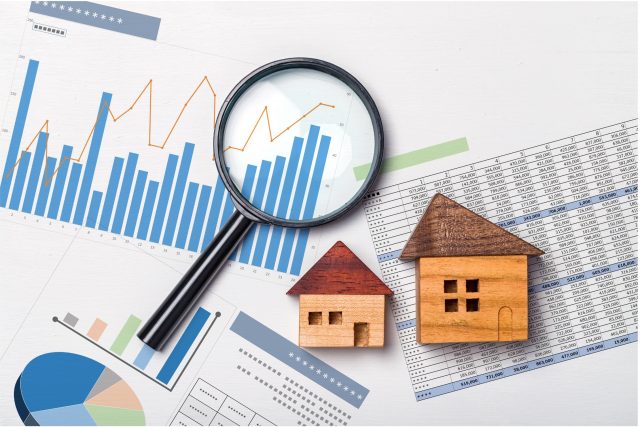Today, investing is essential for ensuring current and future financial security by generating inflation-beating returns passively. Of the many forms of investing, real estate investing has become of the most popular forms thanks to its many unique benefits such as tax advantages, diversification, predictable cash flow, and high returns.
For the past decade, Jason Cohen of Nexus Real Estate has worked as one of the top real estate investors in the Pittsburgh area and helped to develop value-add strategic renovations on hundreds of properties. As someone with ten years of experience in the real estate investment field, Jason Cohen understands the challenges many first-time investors face and what information may benefit them when choosing a property to invest in. Below, Jason Cohen of Nexus Real Estate will share his knowledge of property investment best practices and steps for choosing an excellent investment property.
Traits of an Excellent Investment Property
When buying any property, be it residential or an investment, it can be challenging to know what you are looking for. As investment properties should only be viewed as potential revenue streams, its important that first-time investors know what home features/traits make up a good investment or are red flags. Most investors agree that the top ten features to consider when looking at potential investments are neighborhood, property taxes, crime, number of available listings, amenities, vacancies, and average rents. If you find a recently built property in an area with high crime rates and vacancies, it may be a more risky investment than, say, a property in a good neighborhood with high property taxes.
One real estate investment myth that Jason Cohen of Nexus Real Estate hopes to address is the misconception that fixer-uppers are excellent investment properties for first-time investors. While fixer-uppers can be great investment opportunities, they are only good investment opportunities for individuals who have large budgets or extensive construction experience. All too often, first-time investors will purchase a fixer-upper with no working plumbing and a crumbling foundation, hoping to flip it for a profit. However, fixer-uppers are notorious for going over budget, a major problem for many first-time investors. If a first-time investor knows a great deal about the construction industry and is able to handle the majority of repairs themselves, this may not be an issue. But, for most investors, Jason Cohen of Nexus Real Estate suggests focusing on relatively new properties that require little to no maintenance to get tenants ready.
Determining The Potential ROI For A Rental Property
After you have found a property that meets all the criteria of a suitable investment property, it’s time to determine the possible return on investment or ROI. Even if a property is in excellent condition and has no prior history of vacancies, investors need to determine whether or not a property’s net annual income is worth the investment. There are many factors that affect a property’s profitability, which investors must take account of before signing on the dotted line.
The net annual income is the final revenue amount of a property after the taxes, insurance, HOA fees, potential vacancy periods, expected repairs, and mortgage payments have been taken out. Investors must take the property’s annual income and divide it by total costs to find the ROI. If, for example, an investor purchased a property for 320,000 and its net annual income is roughly 30,000, the property’s ROI is 9.3%. An ROI above 7% is considered an excellent investment within the property investment community.
What Investors Should Look For When Evaluating a Property
An experienced investor can make any property an excellent investment with an extensive budget and an experienced contractor. However, while any property has the potential to turn a profit, there are red flags all investors should watch out for evaluating a potential property.
Not Being Able to Look Inside – While this point may surprise some readers, it is not actually unheard of for investors to buy a property sight unseen. If an investor is buying a property at an auction or lives abroad, purchasing a sight-unseen property may be a fairly common practice. It is also not uncommon for a seller to make it extremely difficult for an investor to see a property, especially one that is currently occupied. Jason Cohen of Nexus Real Estate warns readers that these situations almost always mean that the seller is trying to hide a major problem with the property.
Mold and Water Damage — Although major renovations are not uncommon for real estate investors, almost all experienced investors will say that a property with mold and water damage is rarely worth the cost of renovation. It is quite common for sellers to simply paint over mold stains on ceilings and in bathrooms. For this reason, when evaluating a property, Jason Cohen recommends investors check for the strong scent of candles or air fresheners and look for signs of random fresh paint. This will be the best way to tell whether or not a property likely has major water damage.







